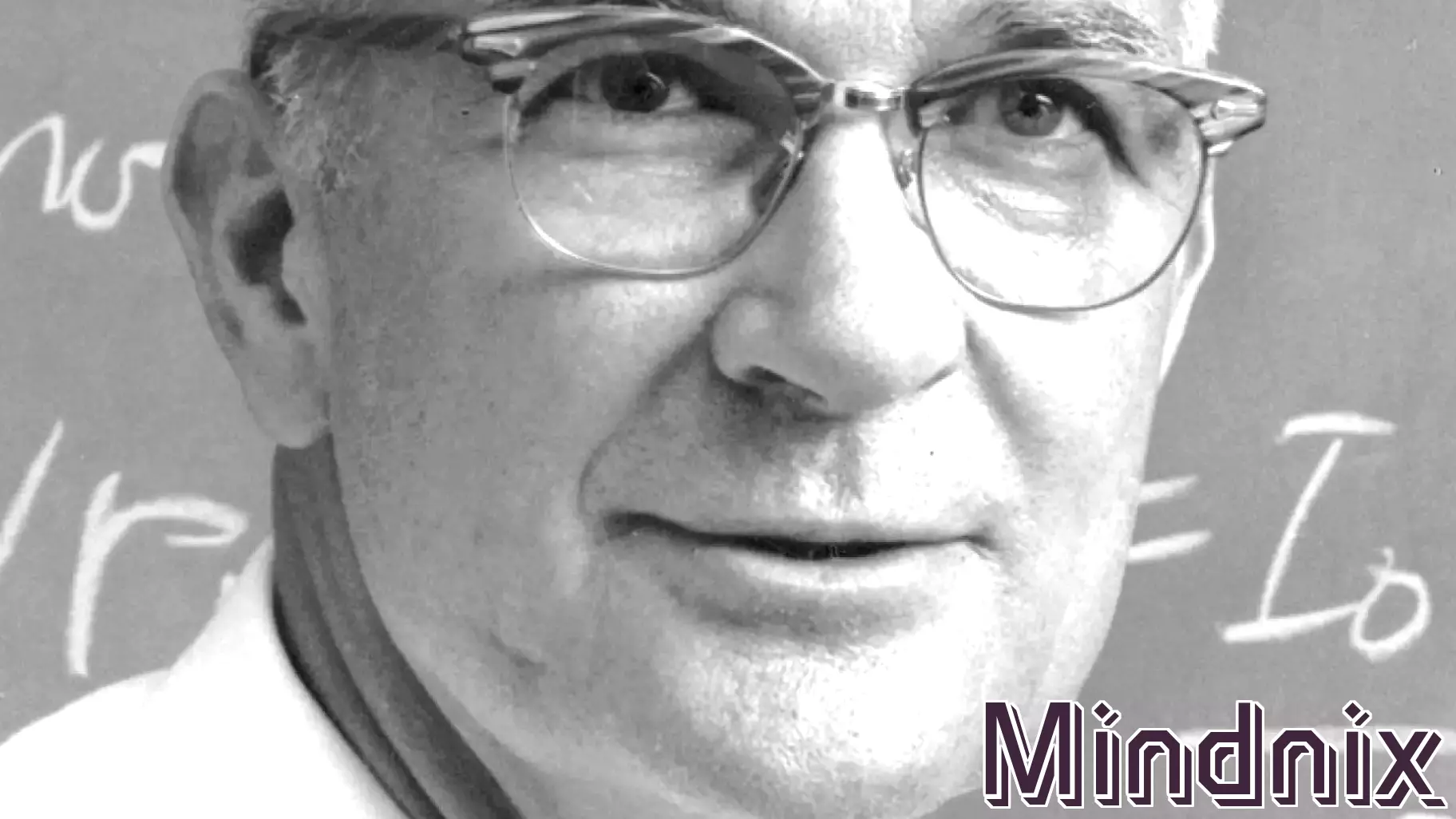The Controversial Views of William Shockley on Human Worth
May 6, 2025 - 19:21

Are some individuals so inferior that they do not deserve to be born? This provocative question was raised by Nobel laureate William Shockley, a physicist renowned for his work in semiconductor technology. However, his legacy is marred by his controversial beliefs regarding genetics and intelligence.
Shockley posited that certain genetic traits, particularly those related to intelligence, were inherited and that some racial and socioeconomic groups were inherently inferior. His views sparked significant debate and backlash, particularly in the context of the eugenics movement. He controversially advocated for the establishment of a sperm bank that would allow individuals to select traits they deemed desirable, thus promoting his belief in genetic superiority.
This aspect of Shockley's life raises ethical questions about the intersection of science, morality, and societal values. While his contributions to technology are undeniable, his ideologies serve as a reminder of the potential misuse of scientific knowledge in justifying discriminatory beliefs. The legacy of Shockley continues to provoke discussions about the responsibilities of scientists in addressing the moral implications of their work.
MORE NEWS

February 25, 2026 - 00:30
Rewired: How the Digital World Reshapes the Human BrainThe impact of our digital lives on the brain is a complex tapestry, not a simple story of harm or benefit. Emerging perspectives suggest that digital engagement, particularly among the young,...

February 24, 2026 - 00:52
Day in the life: Health sciences senior follows research toward clinical psychologyIsabella Bourtin, a health sciences senior, exemplifies the determined focus required to navigate a significant academic shift. Once firmly on the pre-med track, she has successfully pivoted her...

February 23, 2026 - 01:31
Toxic People Makes Us Age FasterThe emotional toll of difficult relationships is well-documented, but new research indicates the damage may be more than skin deep, potentially accelerating the biological aging process. A recent...

February 22, 2026 - 01:17
From Psychology to the Runway, Purpose Takes Center StageFor Lisa Jacovsky, a recent runway appearance during New York Fashion Week was far more than a fashion statement. Recognized as a `Queen of Impact` on the catwalk, the moment served as a powerful,...